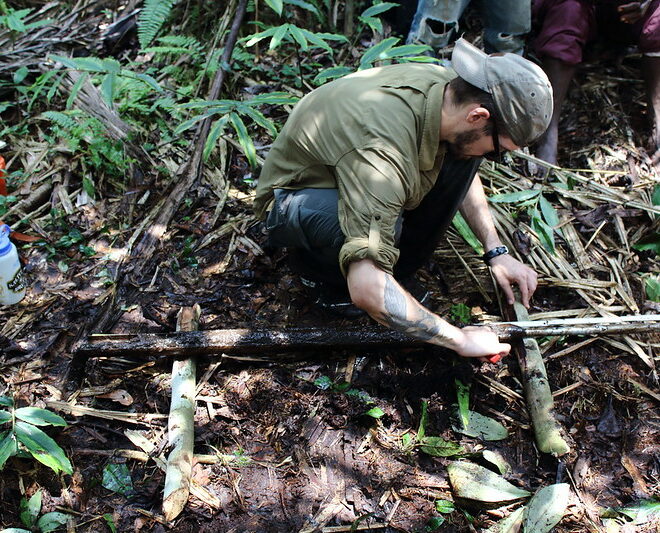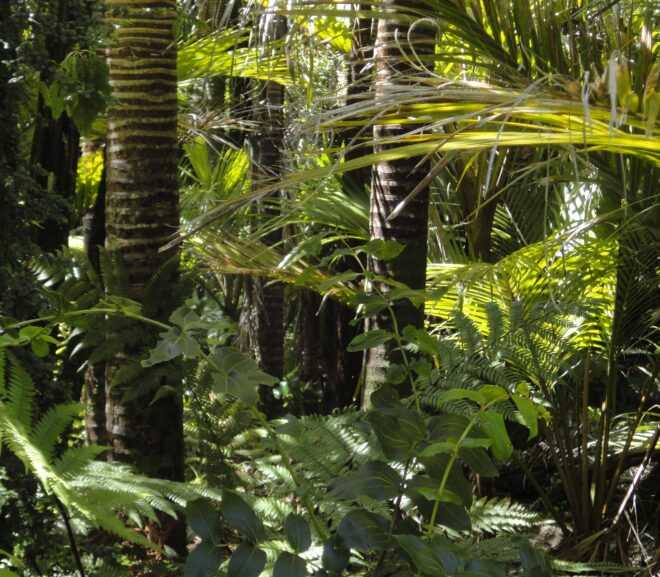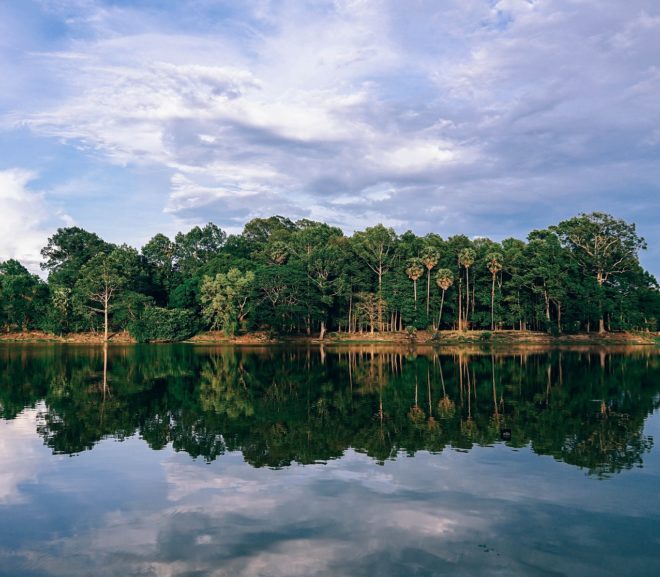For our very first episode of Talkin’ Tropics, Dr. Chris Kiahtipes, Postdoctoral Fellow in the Department of Anthropology with the Institute for the Advanced Study of Culture…
Tag: pollen
New paper shows non-uniform landscape responses to the ‘Great Dying’ in the Americas and Asia-Pacific
Southeast Asia harbours the world’s most diverse and extensive mangroves, and northern Vietnam hosts a large proportion of the region’s mangrove plants. These habitats can…
Pantropica Discussion Group
Presenter: Dr. Rebecca Hamilton
Registration: If you would like to join in person or online, please get in touch with Dr. Patrick Roberts or email pantropocene@gmail.com



